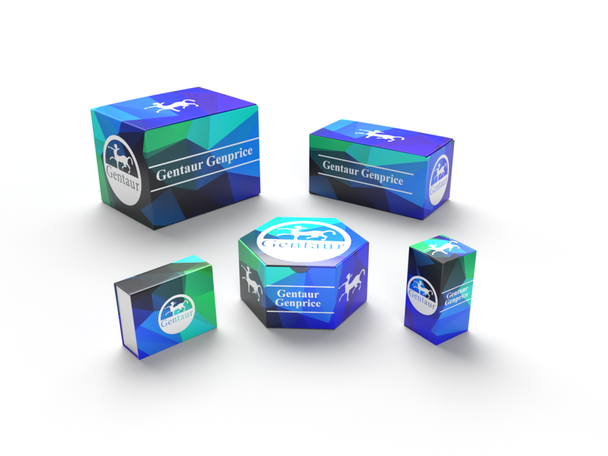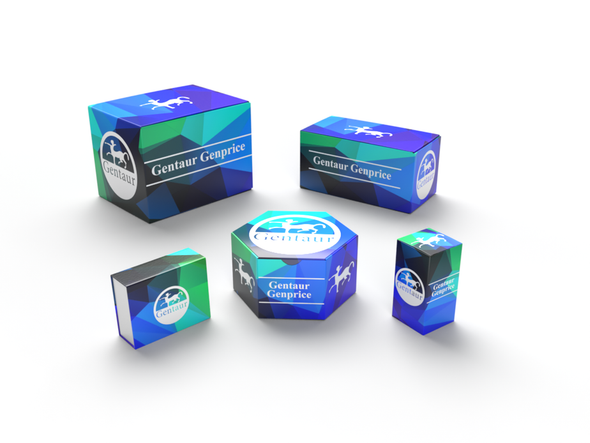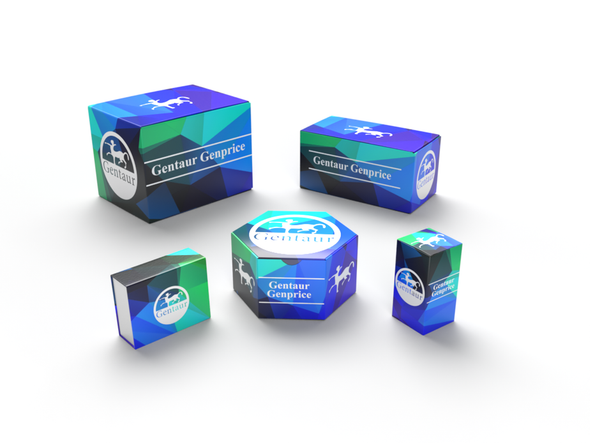Description
Rat Anti-Mouse CCL-5 Antibody | 103-M335 | Gentaur UK, US & Europe Distribution
Species: Anti-Mouse
Host / biotech: Rat
Comment: N/A
Label: N/A
Clone / Antibody feature: (#5J42)
Subcategory: Monoclonal Antibody
Category: Antibody
Synonyms: Ccl5; SISd; Scya5; RANTES; TCP228; MuRantes
Isotype: IgG2
Application: ELISA, IHC (F), N
Detection Range: N/A
Species Reactivity/Cross reactivity: Mouse
Antigen: recombinant mouse CCL-5
Description: CCL5, also known as RANTES (Regulated upon Activation, Normal T cell Expressed and presumably Secreted), is an 8 kDa βchemokine that plays a primary role in the inflammatory immune response by means of its ability to attract and activate leukocytes. Human and mouse RANTES exhibit cross-species activity on human and mouse cells (4). Mature mouse CCL5 shares 100% amino acid (aa) sequence identity with rat CCL5 and 75-88% with canine, cotton rat, feline, and human CCL5. CCL5 is secreted by many cell types at inflammatory sites, and it exerts a wide range of activities through the receptors CCR1, CCR3, CCR4, and CCR5. Inflammatory responses can be impaired by the sequestration of CCL5 by the cytomegalovirus protein US28. In humans, CCR5 binding to CCL5 inhibits the infectivity of R5 (M tropic) but not X4 (T tropic) strains of HIV. The two N-terminal residues of CCL5 can be removed by CD26/DPPIV, generating a protein that functions as a chemotaxis inhibitor and more effectively blocks M tropic HIV 1 infection of monocytes. Oligomerization of CCL5 on glycosaminoglycans is required for CCR1mediated leukocyte adhesion and activation as well as CCL5’s interaction with the chemokine CXCL4/PF4. The deposition of CCL5 on activated vascular endothelial cells is crucial for monocyte adhesion to damaged vasculature, but CCL5 oligomerization is not required for the extravasation of adherent leukocytes. CCL5 is upregulated in breast cancer and promotes tumor progression through the attraction of proinflammatory macrophages in addition to its actions on tumor cells, stromal cells, and the vasculature.
Purity Confirmation: N/A
Endotoxin: N/A
Formulation: lyophilized
Storage Handling Stability: Lyophilized samples are stable for 2 years from date of receipt when stored at -20°C. Reconstituted antibody can be aliquoted and stored frozen at < -20°C for at least six months without detectable loss of activity.
Reconstituation: Centrifuge vial prior to opening. Reconstitute the antibody with 500 µl sterile PBS and the final concentration is 200 µg/ml.
Molecular Weight: N/A
Lenght (aa): N/A
Protein Sequence: N/A
NCBI Gene ID: 20304






